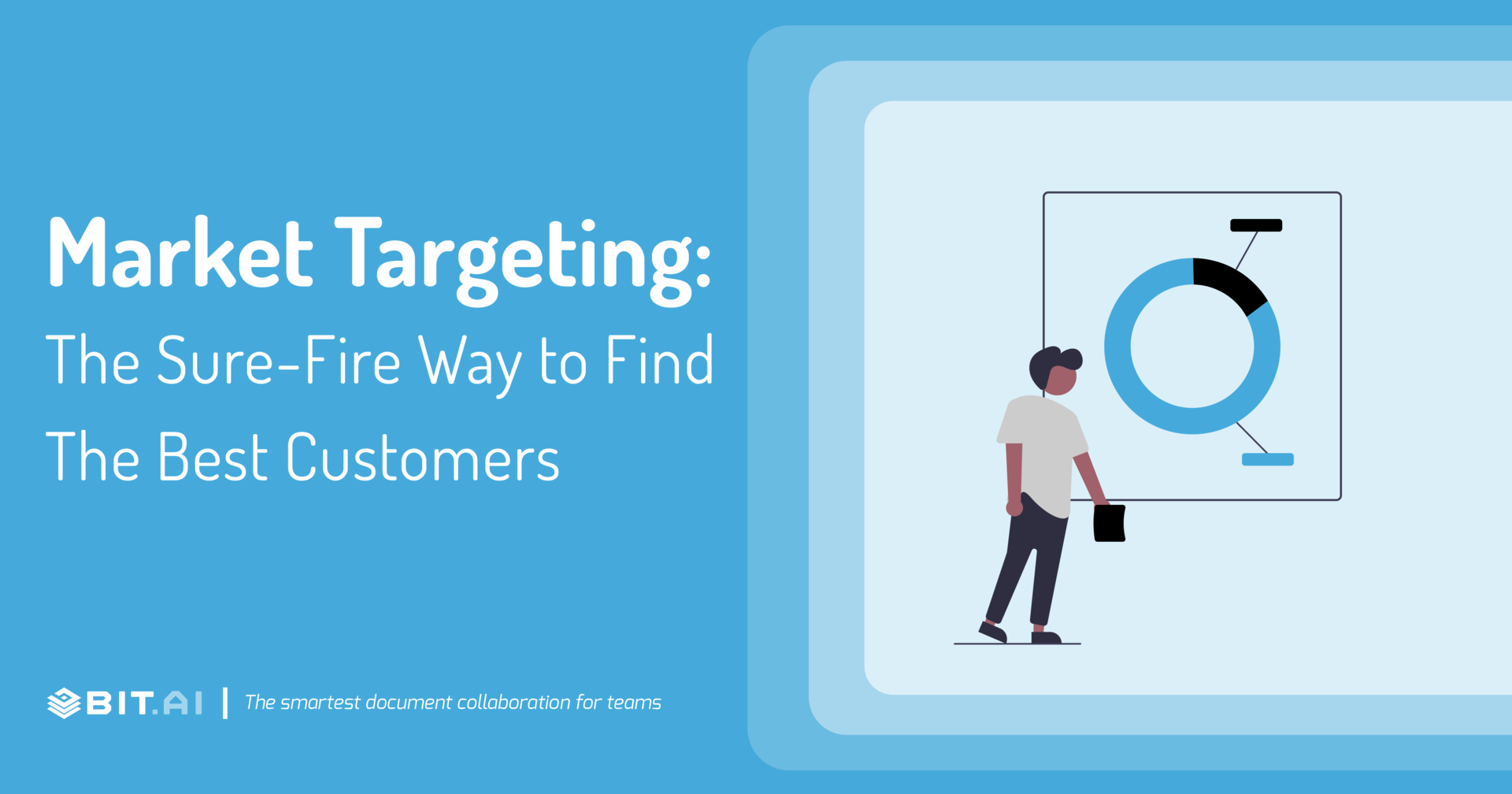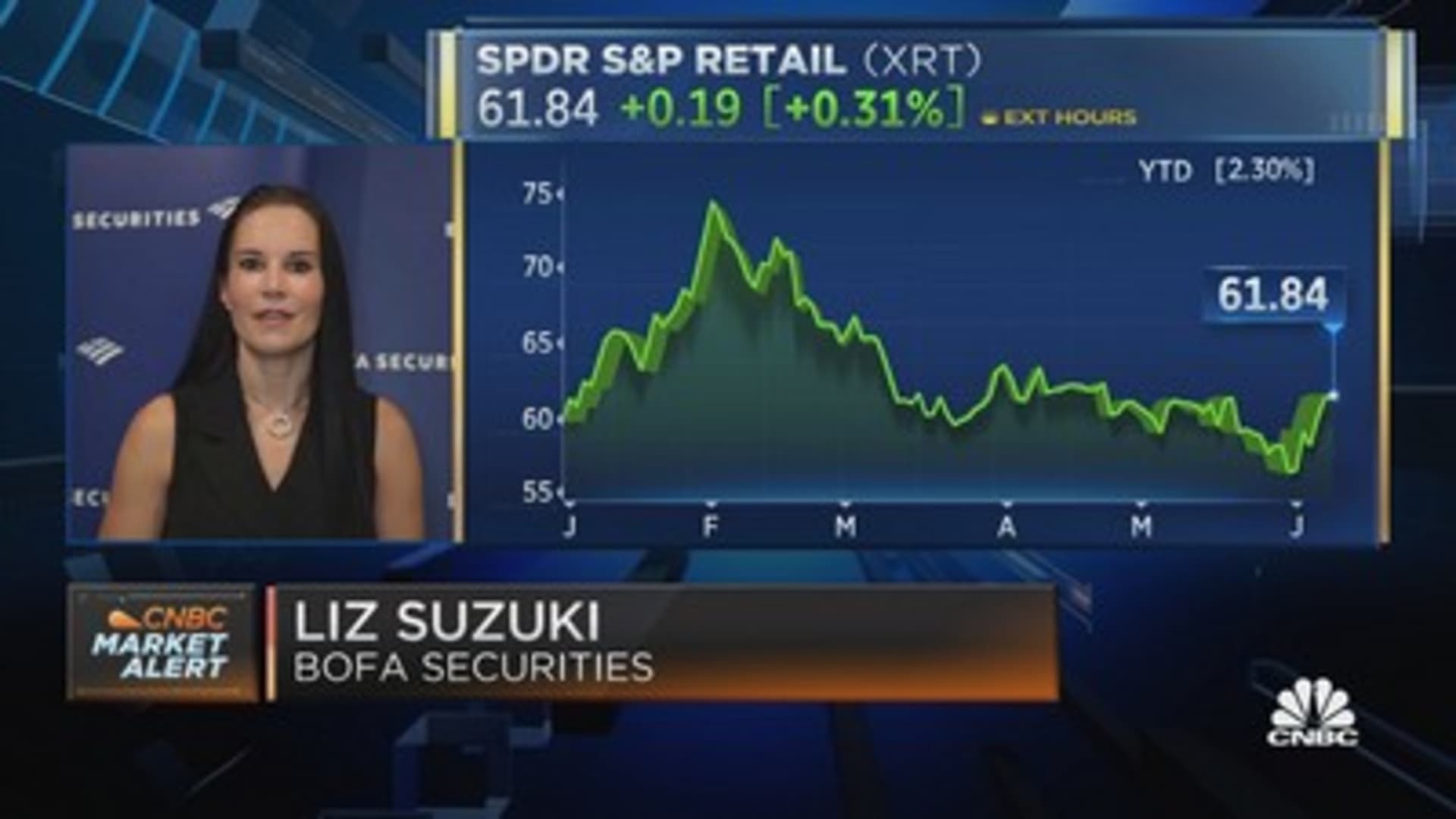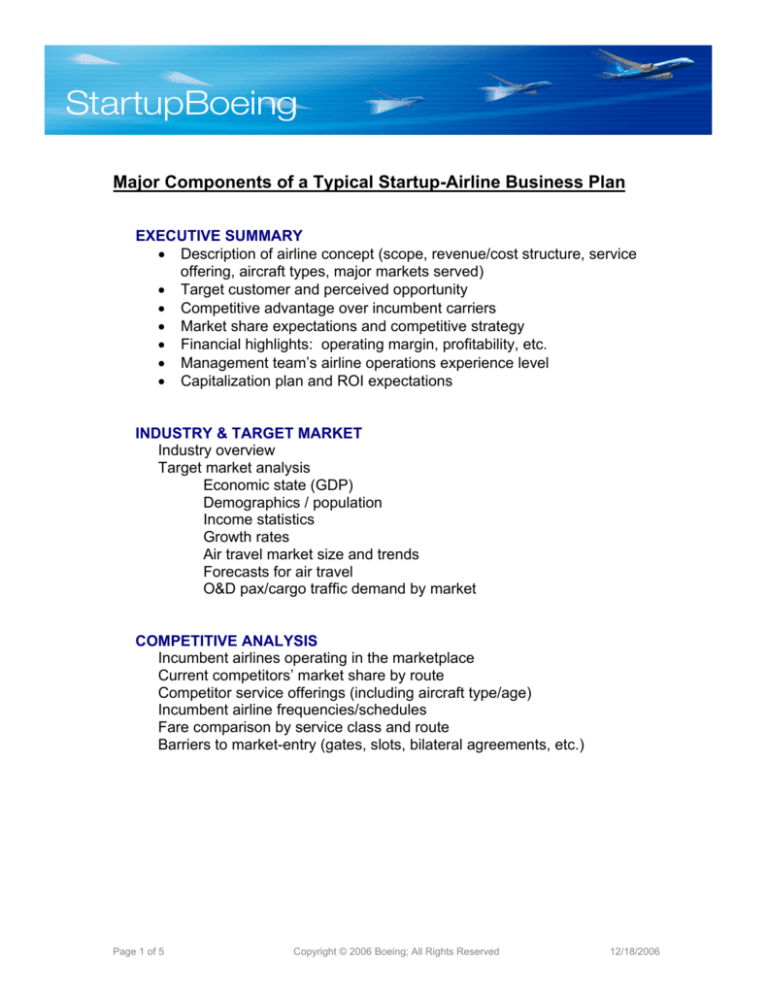FTC Appeals Activision Blizzard Acquisition: Future Of The Deal Uncertain

Table of Contents
The FTC's Case Against the Activision Blizzard Acquisition
The FTC's core argument against the Microsoft-Activision Blizzard merger rests on concerns about market dominance and its potential impact on competition.
Concerns Regarding Market Domination
The FTC argues that Microsoft's acquisition of Activision Blizzard would create an unfair monopoly, particularly within the rapidly growing cloud gaming market. This concern stems from several key factors:
- Microsoft's existing dominance in the console market (Xbox): Microsoft already holds a significant share of the console gaming market, giving them a powerful starting point for leveraging Activision Blizzard's vast portfolio.
- Activision Blizzard's ownership of popular franchises: Activision Blizzard boasts immensely popular franchises like Call of Duty, World of Warcraft, Candy Crush, and many others. Adding these to Microsoft's existing lineup strengthens their market position considerably.
- Potential for anti-competitive practices: The FTC fears that Microsoft could engage in anti-competitive practices, such as making key Activision Blizzard titles exclusive to Xbox consoles or its Game Pass subscription service, thereby limiting consumer choice and harming competitors. This could manifest in exclusive content, timed exclusivity, or even outright removal from competing platforms.
Impact on Competitors
The FTC further claims that the merger could severely harm competitors by limiting their access to essential game titles and stifling innovation. This concern is supported by several potential consequences:
- Reduced competition could lead to higher prices for consumers: With less competition, Microsoft might increase prices for games and subscriptions, impacting gamers' wallets.
- Less choice for gamers regarding gaming platforms and subscription services: Exclusive titles could force gamers to choose Microsoft's ecosystem over others, limiting their options and potentially reducing the quality of gaming experiences.
- Potential stifling of smaller game developers and publishers: A dominant Microsoft could make it harder for smaller companies to compete, potentially leading to a less diverse and innovative gaming landscape. This could limit the variety of games available and hinder the growth of independent studios.
Microsoft's Defense and Proposed Remedies
Microsoft has countered the FTC's arguments, asserting that the acquisition would ultimately benefit gamers and increase competition.
Microsoft's Commitment to Competition
Microsoft maintains that the acquisition will lead to wider game availability, improved gaming experiences, and greater investment in the gaming industry as a whole. Their defense rests on these points:
- Promises to keep Call of Duty on PlayStation and other platforms: A key element of Microsoft's defense is their repeated commitment to releasing Call of Duty on PlayStation and other platforms for at least the next decade, ensuring continued competition and consumer choice.
- Claims of significant investment in cloud gaming infrastructure: Microsoft has emphasized its plans for significant investment in cloud gaming, suggesting this would benefit gamers by making games more accessible across various devices.
- Arguments that the deal will ultimately benefit consumers through wider game availability: Microsoft highlights that the merger will bring more games to more gamers, irrespective of the platform they use.
Proposed Regulatory Commitments
In an attempt to address the FTC's concerns, Microsoft has offered various concessions and commitments. These include:
- Detailed plans for maintaining fair competition in the cloud gaming market: Microsoft has outlined detailed plans to prevent any monopolistic behavior in the cloud gaming space.
- Specific commitments regarding game availability and pricing: Specific agreements aiming to maintain fair pricing and availability of key titles across various platforms have been offered.
- Ongoing negotiations with regulators to demonstrate good faith: Microsoft has engaged in ongoing negotiations and discussions with regulators, demonstrating their willingness to compromise and find mutually agreeable solutions.
The Appeal Process and Potential Outcomes
The FTC's appeal will be a complex and protracted legal process, with multiple stages and potential outcomes.
Legal Challenges and Timeline
The appeal process will involve substantial legal challenges and potentially lengthy delays:
- Analysis of evidence presented by both sides: Judges will meticulously review all evidence submitted by both Microsoft and the FTC, a process that could take considerable time.
- Legal arguments focusing on antitrust laws and market definitions: The core of the legal battle will revolve around interpretations of antitrust laws and how the gaming market is defined.
- Uncertainty surrounding the appeal’s duration and outcome: The length of the appeal and its final outcome remain highly uncertain, leading to continued speculation within the industry.
Possible Scenarios
Several possible outcomes exist following the FTC's appeal:
- Microsoft may be required to divest certain assets: To address antitrust concerns, Microsoft might be forced to sell off certain Activision Blizzard assets or studios.
- The deal could be blocked entirely: The appeal could result in a complete blocking of the acquisition, leaving the deal null and void.
- The acquisition could proceed with modifications to appease the FTC: The acquisition might be allowed to proceed, but with significant modifications to address the FTC's concerns and ensure continued fair competition.
Conclusion
The FTC Appeals Activision Blizzard Acquisition represents a significant turning point for the gaming industry and antitrust regulation. The outcome will shape future mergers and acquisitions in the sector, influencing how regulators assess similar deals. The uncertainty surrounding this case underscores the importance of continued monitoring. Staying informed about the FTC Appeals Activision Blizzard Acquisition and its implications is crucial for anyone interested in the future of gaming. Follow the developments closely to understand the impact on competition, pricing, and overall game availability.

Featured Posts
-
 Russian Gas Phaseout Eu Debates Spot Market Targeting Strategy
Apr 24, 2025
Russian Gas Phaseout Eu Debates Spot Market Targeting Strategy
Apr 24, 2025 -
 Stock Market Valuation Concerns Bof A Offers Reassurance
Apr 24, 2025
Stock Market Valuation Concerns Bof A Offers Reassurance
Apr 24, 2025 -
 The Business Of Deportation A Startup Airlines Unconventional Approach
Apr 24, 2025
The Business Of Deportation A Startup Airlines Unconventional Approach
Apr 24, 2025 -
 Brett Goldstein Compares Ted Lassos Return To A Lazarus Cat
Apr 24, 2025
Brett Goldstein Compares Ted Lassos Return To A Lazarus Cat
Apr 24, 2025 -
 Kci Johna Travolte Nevjerojatna Transformacija U Prekrasnu Mladu Zenu
Apr 24, 2025
Kci Johna Travolte Nevjerojatna Transformacija U Prekrasnu Mladu Zenu
Apr 24, 2025
